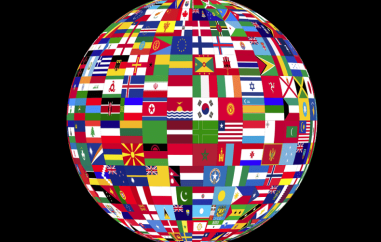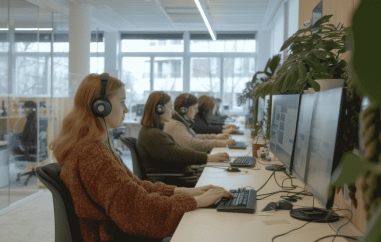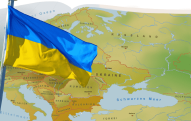State of Lower Saxony wants to get into the solar industry
Lower Saxony's Minister of Economics, Olaf Lies, wants to establish solar plant production in his state with state participation. "Our goal is to establish our own solar production capacities in Lower Saxony. We are currently looking into this," the SPD politician told F.A.S.
Capacities would have to be in the gigawatt range for the project to make economic sense, he emphasized. The goal, he said, is to reduce dependence on imports from Chinese solar module manufacturers.
In this regard, the state government not only wants to promote the construction of solar factories to companies, but also to take a stake in companies itself. "I can well imagine an entrepreneurial involvement of the state as a minority shareholder. It's better to participate strategically than just give subsidies for setting up."
He sees the state's stakes in the Volkswagen car company and the Salzgitter steel manufacturer as models. Lower Saxony has had "good experience" with these corporate investments, Lies said. However, the strong political influence at Volkswagen in particular has been controversial for many years.
As a first step, Economics Minister Lies wants to set up a production facility for the assembly of solar modules in his state. Later, the production of the solar cells themselves, as well as of important components, so-called wafers, is to follow.
Wind energy as a locational advantage
Lies sees the extensive generation of wind power in Lower Saxony as an important locational advantage. "We not only want to generate renewable electricity, but also have the climate-neutral industrial value creation that builds on it in our state," he emphasized. "Solar module production is a great opportunity for this."
The German government wants to greatly accelerate the expansion of solar power generation in Germany. By 2030, installed capacity is to increase by 22 gigawatts annually to a total of 215 gigawatts. There are also high expansion targets in Lower Saxony. However, the solar modules required for this have so far largely been manufactured in China, which is considered risky in view of growing geopolitical tensions between the West and the Asian economic power.
It is viewed with concern in Europe that the Chinese government is currently considering restricting the export of important technologies for the solar industry. Experts warn that a possible Chinese export ban on solar equipment could slow down the energy transition in Europe. "We are almost completely dependent on one country, China. That's too risky for me," says Lower Saxony's Economics Minister Lies as well.
In the past, Germany once had its own solar module industry. However, the companies were largely squeezed out by competition from Asia. German manufacturer Solarworld, at times a leader in the industry, filed for bankruptcy in 2016. Swiss manufacturer Meyer Burger, on the other hand, is now operating a solar production facility in Saxony again.
The German Federal Ministry of Economics in Berlin and the EU Commission in Brussels are also working on a comeback for the domestic solar industry. This week, German Economics Minister Robert Habeck announced stronger government support for solar module and wind turbine manufacturers. "We need to strengthen production capacities for renewable energies and power grids in Germany and Europe," Habeck said.
Photo by Nuno Marques
Â







 »
»